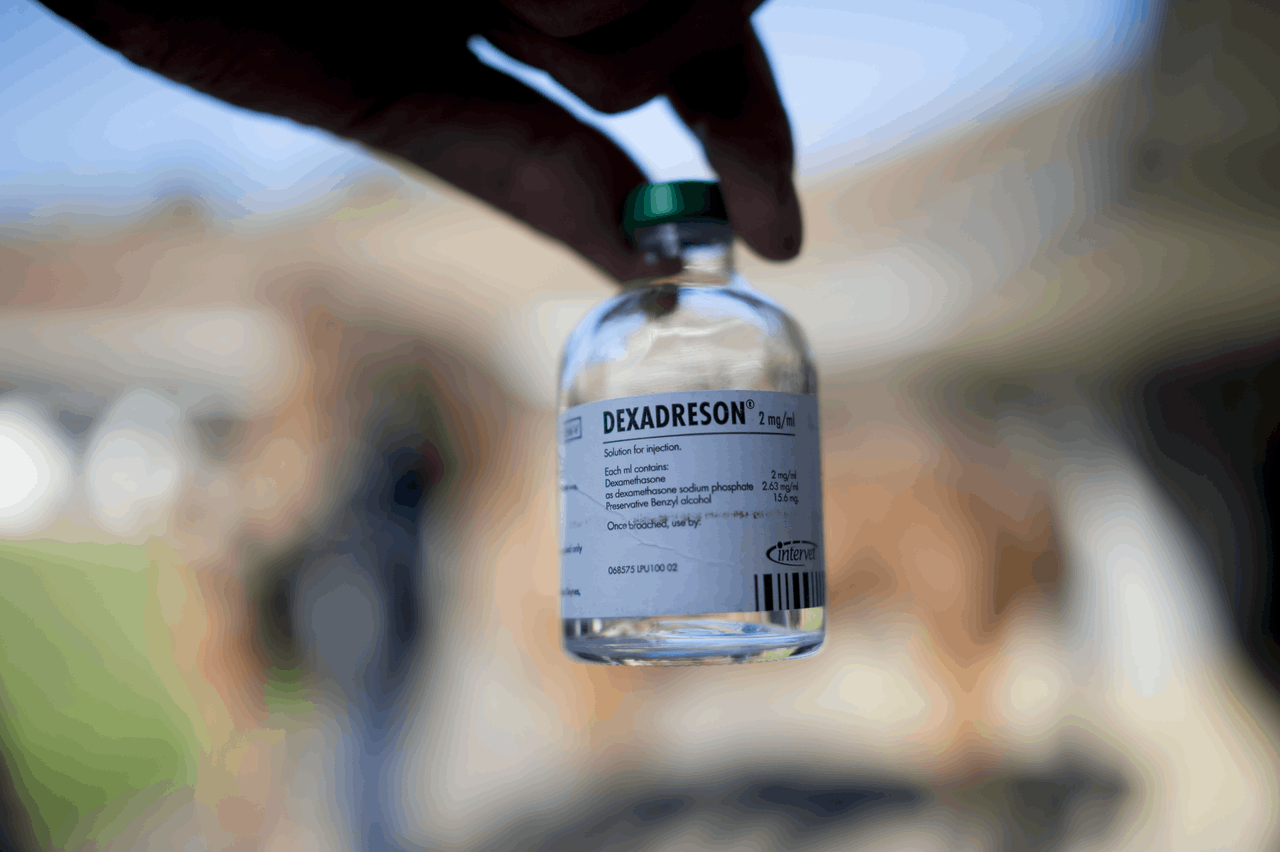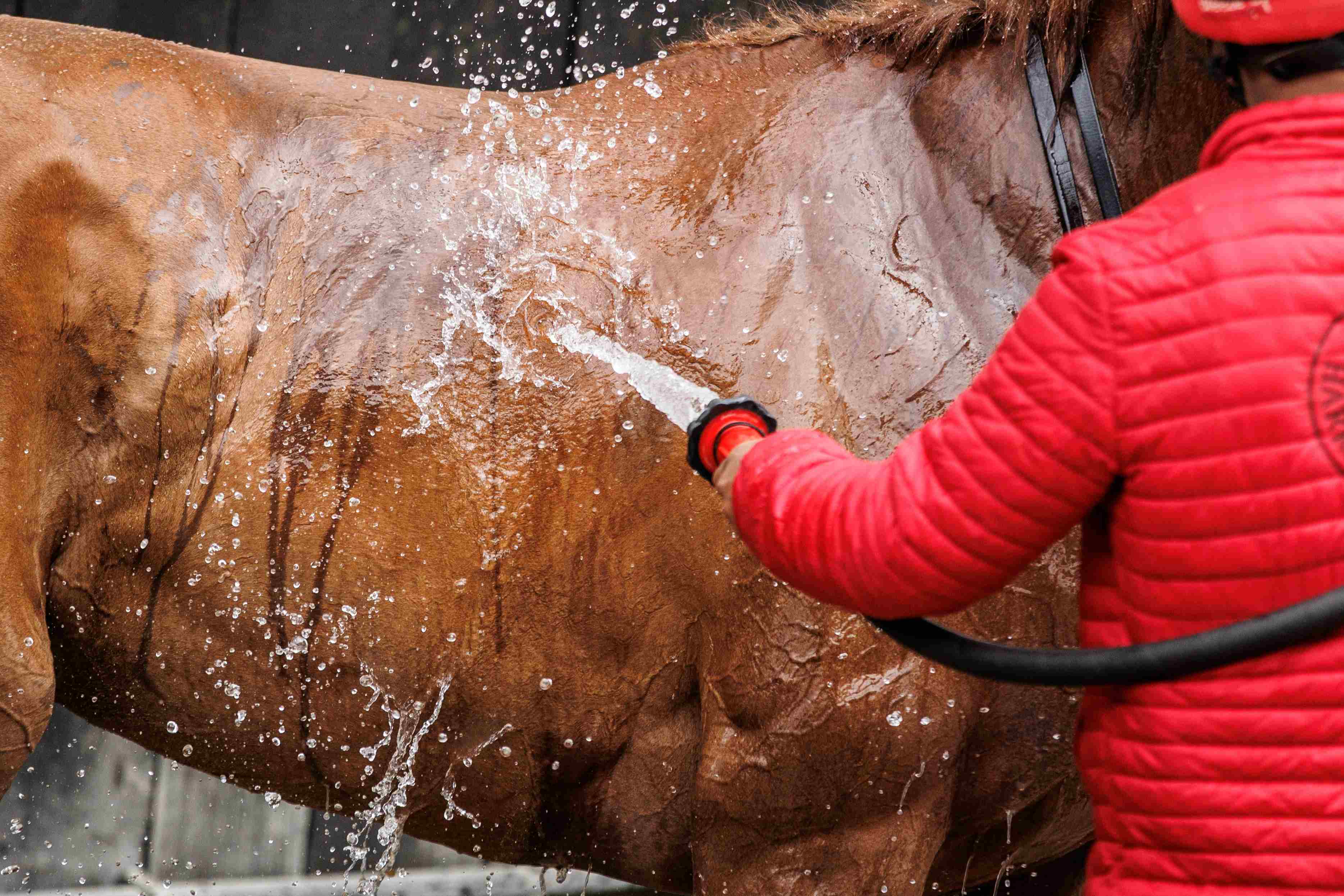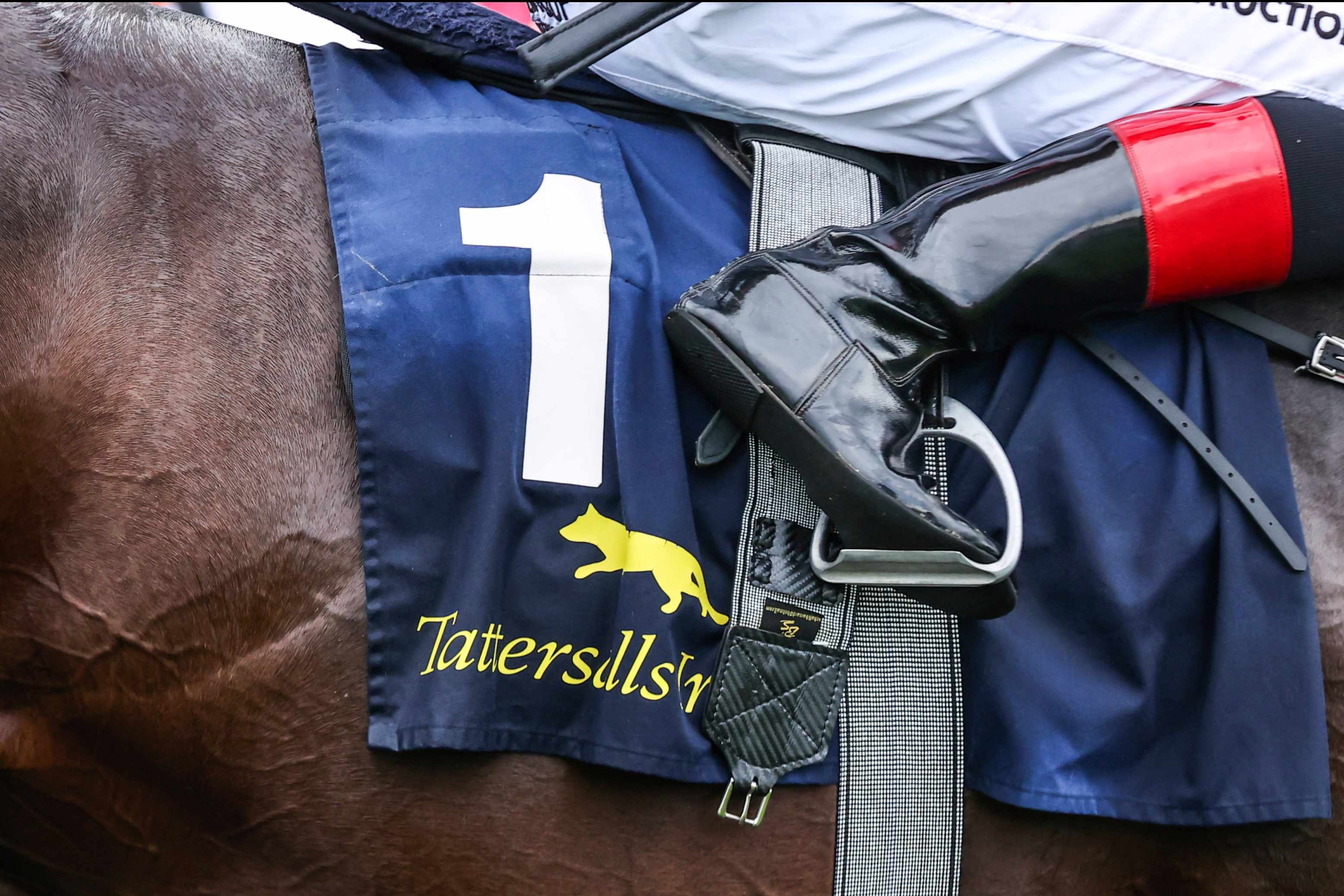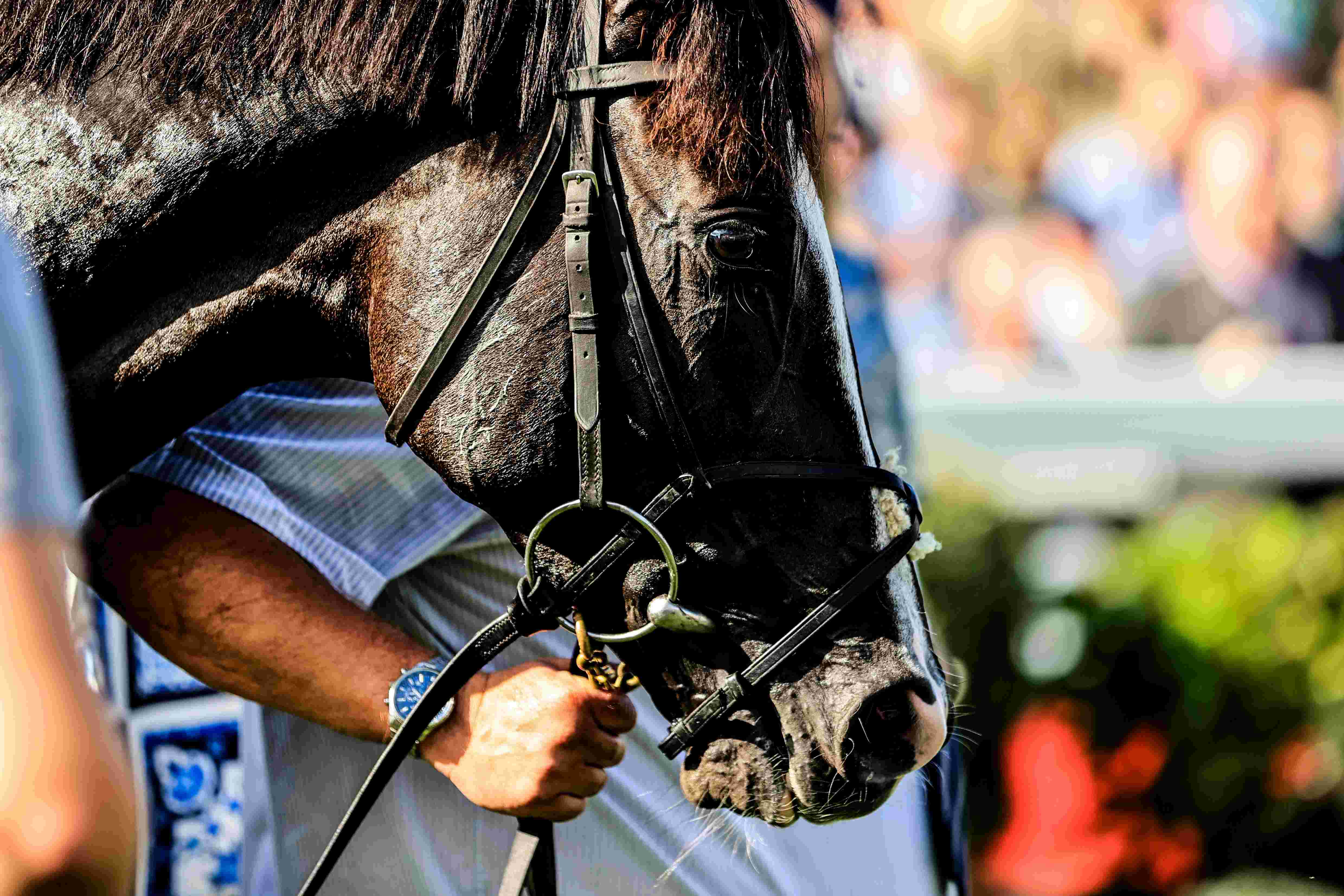Equine Anti-Doping
The viability of the Irish Thoroughbred racing and breeding industry is dependent on the confidence of the public and those who participate within it. The IHRB is responsible for ensuring the integrity of horseracing in Ireland, including its equine anti-doping programme.
The programme has undergone exponential change since publication of the Anti-Doping Task Force Report in 2016 and later of the Industry Wide Anti-Doping Strategy in 2018, with the IHRB recognised via independent review by Dr Craig Suann in May 2022 to have ‘made significant advances in recent years’ and ‘at least match international best practice in most respects.’ Detail of the work undertaken within the programme was published in biannual reports from 2021 to 2023, with later detail being given in the IHRB Annual Reports.
In essence, the programme is no longer about ‘positive’ or ‘negative’ post-race results. It’s about an effective equine anti-doping programme, based on raceday sampling, increased Out of Competition Testing, testing at sale and stud, successful investigations and disciplinary process, international collaboration and review, education and prevention. All this starts with selecting appropriate horses and premises to be sampled and/or inspected. We do this in two ways; one using risk where we stratify and prioritise our activity according to known risk factors, such as whether a yard has become a high strike rate/high performance operation; and the other where activity is based on surveillance, because risks are not known, a ‘baseline’ approach.
The principles of the IHRB’s approach to equine anti-doping and medication control
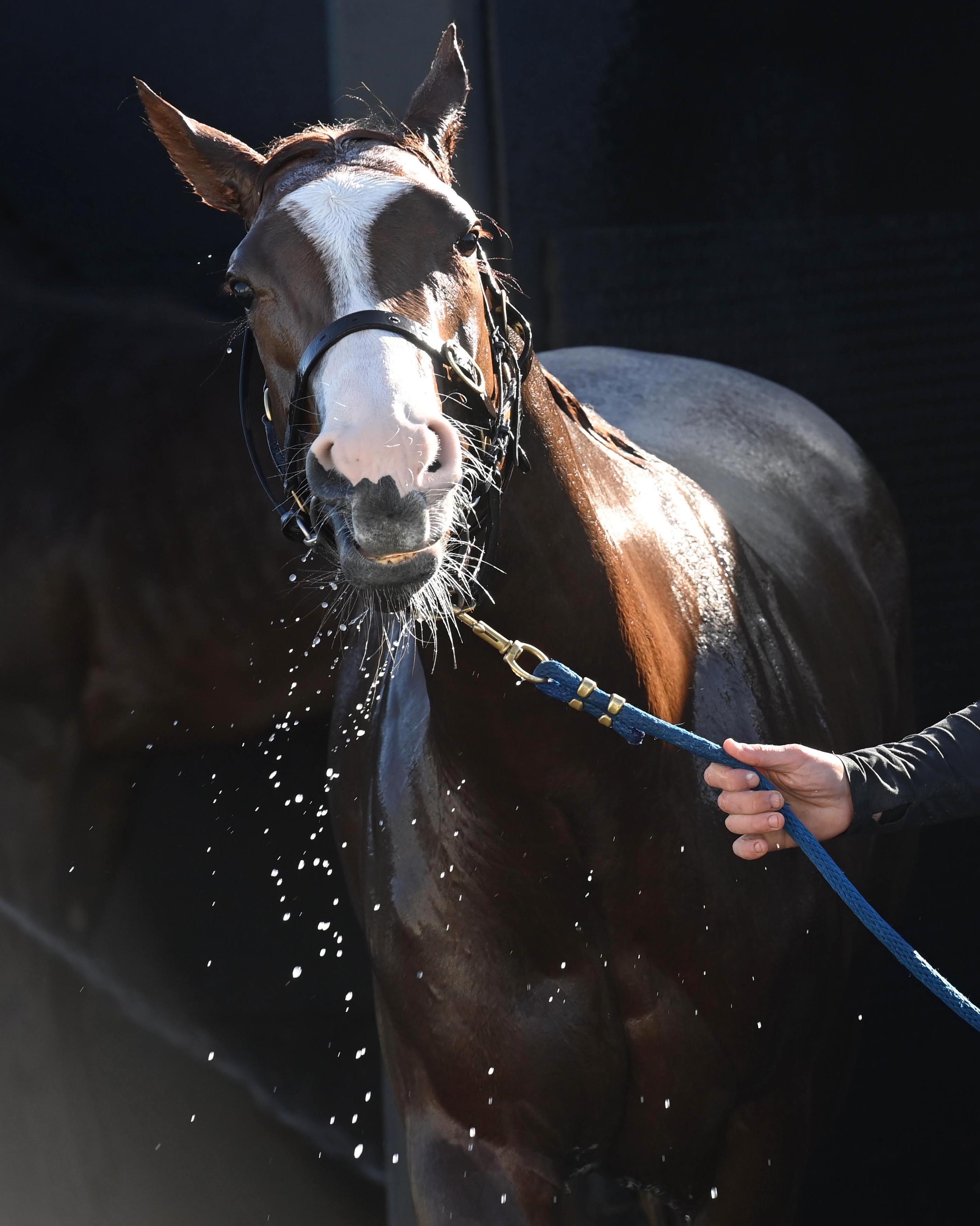-14.jpg)
- Inappropriate use of drugs in racehorses is a threat to the integrity and reputation of horseracing and the welfare of horse and jockey and is not tolerated.
- The judicious use of therapeutic medications must be supported in the interests of racehorse welfare.
- In line with international racing policy, horses racing under the IHRB's Rules of Racing must do so free from the effects of any prohibited substance.
- Ireland is full signatory to Article 6 of the International Federation of Horseracing Authorities’ Agreement on Racing, Breeding and Wagering which sets out internationally agreed standards for anti-doping and medication control.
- It is recognised that some Adverse Analytical Findings (‘positives’) result from mistakes in medication control. Regulation of anti-doping and medication control must incorporate essential education and prevention which participants must take responsibility for attending, understanding and enacting.
